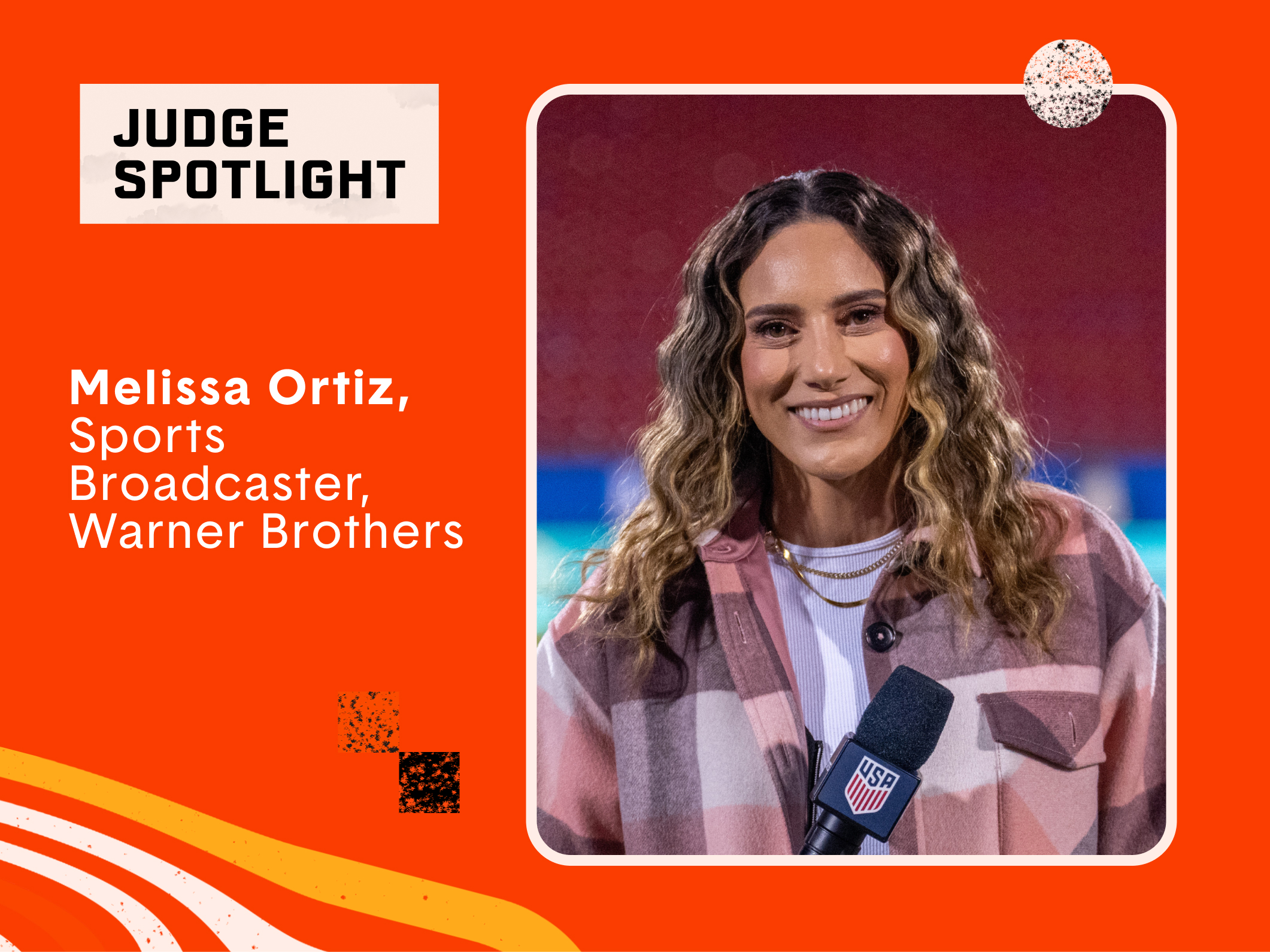Ian Steaman is a recovering music executive turned award-winning screenwriter passionate about telling stories about underrepresented characters and worlds in mainstream culture. After over a decade working in the music industry in New York City followed by two years at CBC Music, he began a television writing career after graduating from the CFC’s Bell Media Prime Time TV program. After completing his time as a Story Editor and Writer for the interconnected single cam family comedies, The Parker Andersons and Amelia Parker his talents found him in the world of streaming, currently an Executive Story Editor and Writer on the new family comedy, Take Note for NBC’s streamer Peacock. Ian also has an original half-hour workplace comedy entitled Deadstock in development with CBC Television.
Read our Q&A below to get to know Ian!!
What is a piece of work you are most proud to have worked on?
I’m always hoping I can say the one I’m working on at the moment because my dream career trajectory is to always have each new project challenge and engage me in ways I haven’t yet experienced. But in terms of work I’ve done that’s already out in the public, I was blessed to write or co-write four episodes on two brand new interconnected family half-hours called The Parker Andersons and Amelia Parker which premiered on BYUtv in April. One of the episodes late in the season tackles the issue of racial profiling which has obviously been on everyone’s radar over the last couple years in particular. It’s a heavy topic that’s tricky to explore within the context of a family-oriented half hour show that’s always trying to go for heart and humour. If not treated with sensitivity, understanding and respect, storylines on this topic can come across preachy, tone deaf or just plain not fun to watch. However, with the help of a great writers room, I was able to create a story and script that has the heart, humor and some learning moments for people on all sides of this issue. First and foremost, I hope people will enjoy watching it as a story but hopefully the episode is able to spark reflection and conversation as well.
How has your work been affected as a result of the unpredictable industry landscape ?
I just started writing professionally so my work frame of reference is pretty much all within the pandemic era. As odd as it might be to say though, it might have actually been more of a positive than a negative for me.
The pandemic slowed everyone down and made being able to connect with and introduce myself to industry gatekeepers and decision makers a little bit more attainable. Being stuck at home gave them more time to take generals via virtual video with new creatives like me.
Currently I’m also in a Zoom writers room for a new show being produced in Canada but for a major US network’s streaming platform. The show runners are both LA-based so the room runs on West Coast time which can be a little exhausting for those of us on the East coast. Whether that opportunity would’ve even presented itself to a Canadian-based writer like me in pre-pandemic times when rooms were still in-person though is up for debate.
What is most exciting for you at the moment within your industry?
Right now there is a real reckoning within the industry about ensuring there is true diversity in Canadian TV. On both sides of the camera in the production realm but also on the business side within boardroom and office suites. People are realizing the incremental changes in just one segment of the industry at a time is not enough. It just won’t lead to the sort of transformational change needed to make the industry truly reflective of the country we live in in terms of the stories being told and who gets to tell them. There are so many people working incredibly hard, not just as creatives and storytellers but as advocates pushing for this change. I’ve been both inspired and activated by them to try and do my own part through the artistic work I’m trying to create and as an agent for change on the advocacy side also.
What piece of video/television has recently inspired you?
To the point I just made, last year, CBC Television commissioned a series of experimental short films for Black History Month by both emerging and established Black Canadian filmmakers and writers for their Gem digital streaming platform called 21 Black Futures. It’s an amazing treasure trove of innovative and imaginative storytelling. It’s the kind of bold experimental thinking I’m hoping might be indicative of where CBC is planning on taking the network’s linear and digital programming moving forward year ‘round and not just as ‘specialty’ content.
As the public broadcaster and home of such recent successes as Schitt’s Creek and Kim’s Convenience, CBC is in a unique position to use those successes as a launch point to refashion themselves as a groundbreaking, trailblazing platform for modern Canadian storytelling in the same way BBC has been doing in the UK. I’d be really excited and inspired to be part of that kind of cultural change and movement within the place I call home.
What is one thing the Telly Awards community should know about you?
I was a record label executive working in NYC during the formative years of the hip-hop industry for most of my professional working life before becoming a writer. I was one of the people lucky enough to help plant and cultivate the seeds for a culture that has become the lingua franca and cultural underpinning for our current world. The hustler mindset, penchant for self-mythologizing and innovative create-something-out-of-nothing ethos that built and sustains hip-hop re-energized and reinvented American culture & entertainment. Those are things I’m always trying to bring to my creative output as a screenwriter now.





